As a parent in recovery, you have taken the courageous step to stop using drugs or alcohol and to commit to long-term sobriety. You understand that addiction is a family disease and that your loved ones need support and guidance as they work to recover from the effects of addiction in the family.
Why We Consider Addiction a Family Disease
Addiction is a family disease. Substance use disorders not only inflict great harm on the addicted person, but they also have a profound effect on those closest to that person. The addiction of one family member can cause dysfunction in the family unit, affecting the emotional and physical well-being of every family member.
For this reason, successful recovery must also involve the entire family. The words and actions of individuals addicted to drugs or alcohol often cause anger, resentment, and hopelessness among those they love most. To heal, family members need to understand how the disease of addiction affects the brain, as well as how addiction may cause their loved one to act in ways that seem unloving. Family members should also learn why it is so difficult for an addicted person to stop using substances without professional help.
Children are especially vulnerable to the unpredictable, often frightening life of living with an addicted parent. The National Library of Medicine published a recent review of the incidence and impact of parental substance use disorders (SUDs) on their children and found that these children have a higher risk for emotional, behavioral, and social problems.
The review also found children of addicted parents may experience poorer academic and cognitive functioning, may begin abusing substances at an earlier age, and may have higher rates of alcohol and drug use disorders than their peers.
From your point of view as a recovering parent, what can you do to help your family to heal?
How to Help Your Family Recover from Addiction
As a parent in recovery:
I know recovery is a lifelong process as I face people, situations, and events that have triggered my past addictive behavior. Working to rebuild relationships with my children and others affected by my substance abuse while I manage triggers is challenging. But taking what I learned in my recovery program, using a wealth of educational resources, and committing to regular attendance at a support group are powerful tools to help me be successful.
I can:
- Acknowledge the pain my addiction has caused my children and encourage them to talk about it by providing a safe space for open and honest communication.
- Accept that it may take a long time for my children to cope with anger or resentment over the past and that they may never fully get over it.
- Be more responsible, taking care to deliver what I promise my children, like being on time to pick them up, and be diligent about fulfilling my personal and professional duties.
- Let go of problems, situations, and people I cannot change.
- Avoid overindulging my children to make up for my past behavior. I pledge to provide a structured environment, establish age-appropriate boundaries, and know where they are and who they are spending time with.
- Arrange for my children and myself to attend individual or group counseling and attend the family aftercare program offered by my treatment center.
- Encourage my children to attend support groups like Al-Anon Family Groups, Nar-Anon Family Groups, Families Anonymous, or other church, school, or community groups. I will make sure they have transportation to meetings.
- Hold my children responsible for their actions and provide positive discipline if necessary.
- Encourage a healthy lifestyle by providing a healthy home environment and ensuring my children receive nutritious meals, regular exercise, and sufficient sleep. I will limit their exposure to negative news, movies, TV shows, and video games.
- Make amends to those I have hurt, including family and friends.
I understand that I can look to many available resources for guidance, like the National Association for Children of Alcoholics’ Kit for Parents, which suggests my children and I:
- Understand what happened in the past and take steps to lessen grief over past wrongs
- Think about past moments that didn’t involve substance use
- Focus on creating positive new memories moving forward that don’t include addiction
- Celebrate your loved ones’ abilities to forgive your past actions
Rebuilding Trust
I know my addiction has broken the trust between myself and my children. While it will take time to rebuild that trust, regular practice is essential to success.
Encouraging my children to share their stories and to listen to the stories of others with parents in recovery or in active addiction can help them know they are not alone. Hearing how others have repaired trust with their parents in recovery can help my children be more open to the possibilities. Children or other family members can read or share stories on forums like Heroes in Recovery.
It can be difficult to talk about addiction and recovery with young children. I can use resources provided by Sesame Street in Communities to help my young kids understand addiction and begin to heal.
As a parent in recovery, I can apply and expand the skills I learned during my treatment program, including trigger management, communication, parenting, conflict management, and stress management skills, to achieve long-term recovery and to help my children heal from the scars of addiction.
Turning Point of Tampa has been offering Licensed Residential Treatment for Addiction, Eating Disorders and Dual Diagnosis in Tampa since 1987.


